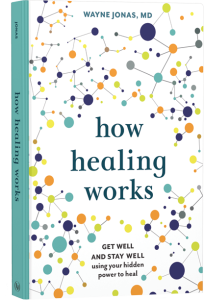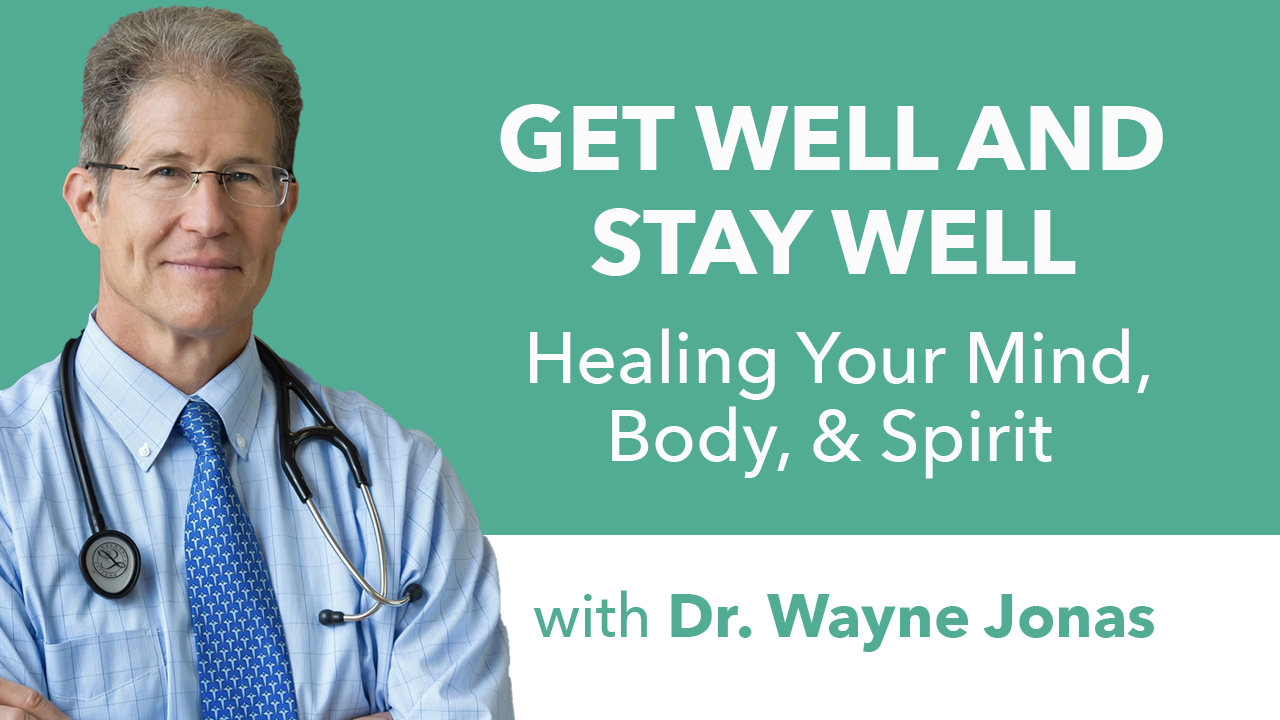Wow, doesn’t time fly? We’re already in June…and even though we’re only halfway through, what a year it has been already.
Quick check-in: Have you been taking care of your health and well being? As our wonderful Facebook Live guest, Dr. Mary Jo Kreitzer reminded us earlier this year, we’re living in uniquely challenging times. So here’s your gentle reminder to be kind to yourself as you keep learning how to navigate this new way of living.
With that in mind, we’d like to share the key takeaways from a few of this year’s Facebook Live episodes. Our Get Well and Stay Well series is designed to help you – the patient – find your footing with whole-person care through integrative health approaches.
Here’s a wrap up of the conversations we had with three of our guests, featuring the most insightful messages from each and some helpful resources to get you started on your way to Get Well and Stay Well:
1. Chronic pain and nutrition
In January, we spoke with Dr. Heather Tick, Clinical Associate Professor at the University of Washington in the departments of Family Medicine and Anesthesia & Pain Medicine, to learn about the connection between chronic pain and nutrition.
As chronic pain can affect all corners of a person’s life, Dr. Tick told us that her first question to a patient is not their pain score on a scale of 1 to 10. Instead, she asks about how they’re living their lives, what’s important to them, and what they wish they could do that they can’t.
While it’s an often surprising approach for the people sitting across from her, this is a clear example of how whole-person healing can take effect when your doctor is interested in your life beyond your medical condition.
The biggest takeaway? Food impacts chronic pain through increased inflammation. Or, if you choose wisely, decrease it:
“What I say to patients is every time you eat, you either increase or decrease your inflammation. The choice is yours.
If you eat high sugar foods, if you eat very highly processed foods, you’re going to increase your inflammation. If you want to decrease your inflammation, you’re going to eat lots of vegetables, some fruit, some fish, some meat and nuts and seeds and healthy oils. If you’re going to eat deep-fried foods, you’re going to be increasing your inflammation.”
Helpful resources:
- Women Have More Chronic Pain Than Men. Here’s What to do About it.
- We Are What We Eat. How Food Can Treat Chronic Pain
- Understanding Chronic Pain and Your Role In Treating It
2. Relationships with yourself, loved ones, and community
In February, we spoke with Dr. Mary Jo Kreitzer, founder and director of the Earl E. Bakken Center for Spirituality & Healing at the University of Minnesota and tenured professor in the School of Nursing, about the importance of building and maintaining relationships with ourselves, our loved ones, and our communities. And, how important this is while we adapt to our “new normal” and the painful losses that we’ve all experienced.
The biggest takeaway? Learn to accept your emotions:
“Allow grief. Fighting an emotion doesn’t help. The more we suppress it, the harder it is sometimes for it to go away.
Notice positive moments in your life. Even in the midst of loss and grief, there’s still kindness, beauty, and joy. Find ways to process your grief and loss.
For some people, it’s writing about it…Some people sing it out, some people get into reading or photography. Find a way to process your experience. Allowing ourselves to love and be loved, may be one of the most important things to our healing.”
Helpful resources:
- The Power of Relationships As We Age
- How Friendship Affects Your Body, Mind, and Spirit
- Animals for Mind, Body, and Spirit Health
3. Supplements for mental and physical health
In March, we spoke with Dr. Mahtab Jafari, director of the UCI Center for Healthspan Sciences and professor of Pharmaceutical Sciences and Ecology & Evolutionary Biology at the University of California, about the benefits of supplements to support mental and physical health.
From our conversation, we learned the importance of taking the lead when it comes to our dietary health. Dr. Jafari told us that:
“We are the best judge because we know our diet. We know if we are consuming enough fruits, vegetables, nuts and healthy fats in our diet. If we all eat [a healthy diet], we are fine. We don’t need to take any dietary supplements.”
After a conversation with your health care provider and a quick blood test, you can make an informed decision on what supplements might help optimize your health and which supplements to avoid if you’re already taking particular medications or supplements.
The biggest takeaway? Keep your vitamin D levels within a normal range—your immune system will thank you!
Helpful resources:
Have you learned anything new from our Get Well and Stay Well series? Did anything surprise you? Follow the links below to connect with us and share your thoughts! We’d love to hear from you.
Looking for more? Check out other episodes from the series here.

Take Your Health Into Your Own Hands
Drawing on 40 years of research and patient care, Dr. Wayne Jonas explains how 80 percent of healing occurs organically and how to activate the healing process.

